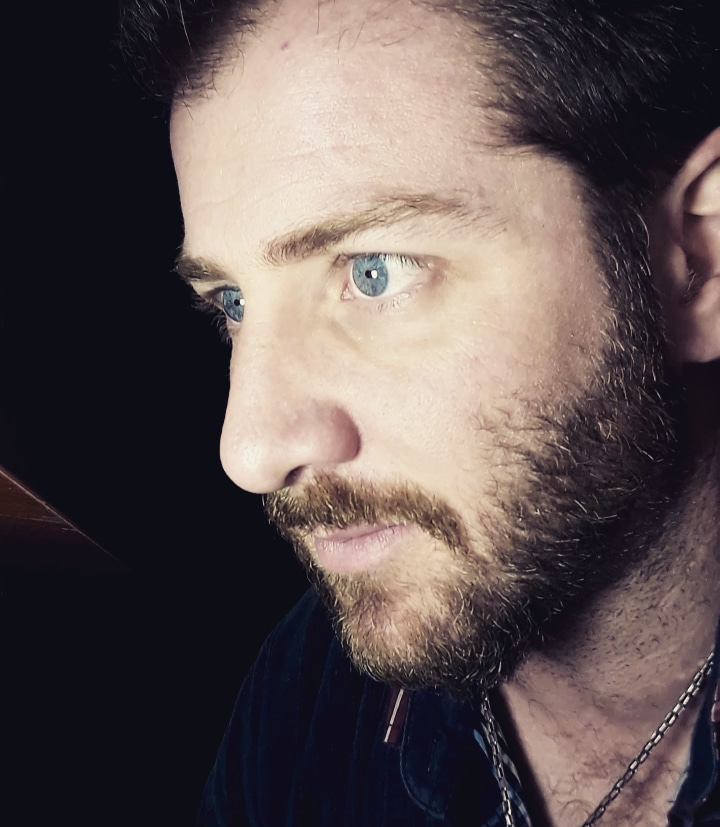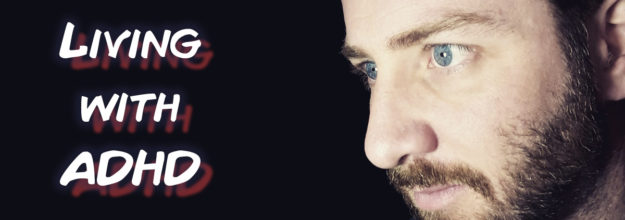Living With ADHD
They say the first step to heal is to be able to say things out loud.
Some may know or remember, some may have no idea. I was diagnosed with ADHD, or attention deficit hyperactivity disorder, in 1996, when I was 12 years old. ADHD is a chronic disorder of the neurodevelopmental type. In simple terms, it is a deficit in the regulatory action of several neurotransmitters within the brain cortex (mainly dopamine and norepinephrine and to a lesser extent, serotonin), and usually lasts a lifetime.
As you may imagine, a chemical imbalance in the brain will unevitably lead to an imbalance in a variety of areas of your life, your personality and your decision-making. I was under ADHD treatment for several years in my childhood. Over the years, the symptoms tend to subside a bit; partially because of the medication and partially because of the natural maturation of the brain. In my case, symptoms kinda “faded away” over the years (and I’m using the term “fading away” very lightly), to the extent of allowing me to function pretty much like a regular person (let’s just say “neurotypical“).
Around two years ago, I began to feel the symptoms were coming back (typically labeled Adult ADHD), and in the last six or eight months, they were completely out of control. The issue reached such a point that it was necessary for me to acknowledge it, deal with it and seek professional help, even if it meant taking medication again to keep them at bay.
Where am I going with this? I need to say it out loud; make it public. In order to improve, to get better, I need to face it. Need my loved ones to know, my family, my friends, coworkers and fans. The disorder affects several areas of my life and makes me prone to risk relationships and human ties. It is an invisible struggle, causing waves of anxiety, extreme procrastrination and often, virtually destroying my short-term working memory and attention span.
Odd thing, really. I always had a privileged long-term memory; I can still remember every dialogue of a movie I saw 22 years ago, but I can’t remember if I turned the oven on (or off, for that matter), where I left my keys, if I paid my phone bill or not, if I locked the door or not (and then going back to check it 5 times), or if they ask me to pick up something, I leave it NEXT TO MY FRONT DOOR SO I DON’T FORGET IT, and I will probably still leave the house without it. And to top it all off, if I’m asked to do something and I don’t do it in the first 90 seconds, my brain may not register it at all.
I leave messages unanswered, sometimes I forget commissions and invoices, and when I don’t forget them, the extreme procrastrination the disorder brings out prevents me from replying them in time. It then becomes a never-ending cycle of guilt.
I only ask for a little patience until the issue is back on track. I’m keeping a daily To-Do-List in a little notebook I carry everywhere. I write down the things I have to do urgently that day, and I cross out those I manage to do. In many cases, sometimes I can only cross out half of them, but that’s a good day. Reachable goals.

Just know this: it’s never apathy or lack of interest. I am struggling with this and trying to move forward. What I wrote is just a very brief summary of the massive maelstrom of thoughts that invade my brain every second. Imagine, it took me about 10 days just to write this (technically, it only took 15 minutes, but I was each of those 10 days literally sitting in front of the computer trying to type but couldn’t).
And while I was writing this, my brain was playing a documentary about wasps and bees from start to finish (Did you know bees withstand a higher temperature than wasps, and when wasps attack honeycombs, the bees gather around the wasps and start vibrating, cooking the wasps alive from the inside out?).
And while I was writing about bees, my brain was SIMULTANEOUSLY (as if it was compartmentalized) flashing me with some recipes on how to make stuffed chicken, because WHY THE FUCK NOT.
Neurodiverse brains, you see?
So, that. The first step to heal is to be able to say things out loud.
I may post more about it, a bit because of personal catharsis, and a bit with the intention of helping someone else, and raising awareness about ADHD in adults. If you suspect a friend or family member may have the condition, treatment usually works. Tell them to internalize it, embrace it and ask for help.
Cheers my dears. Love you.







No Response
Leave us a comment
No comment posted yet.